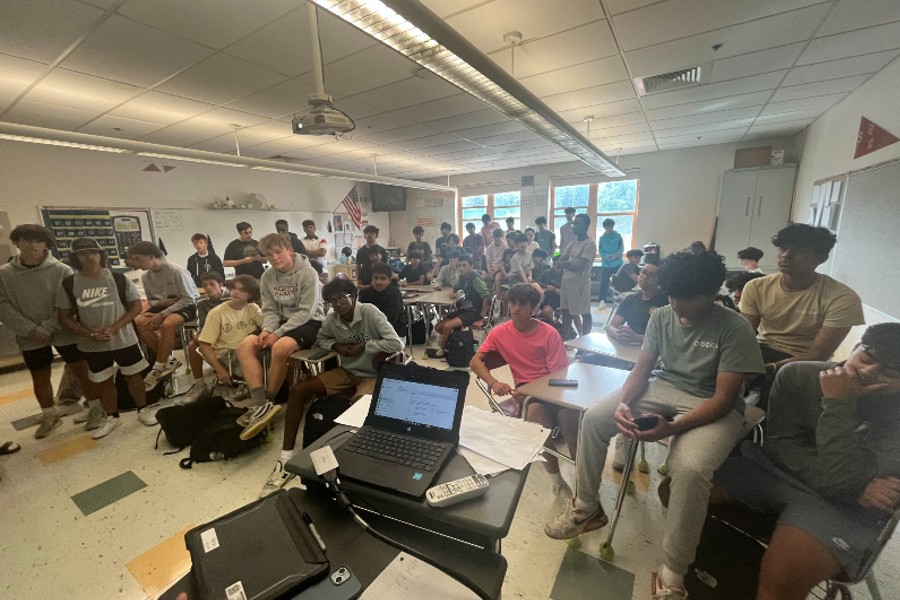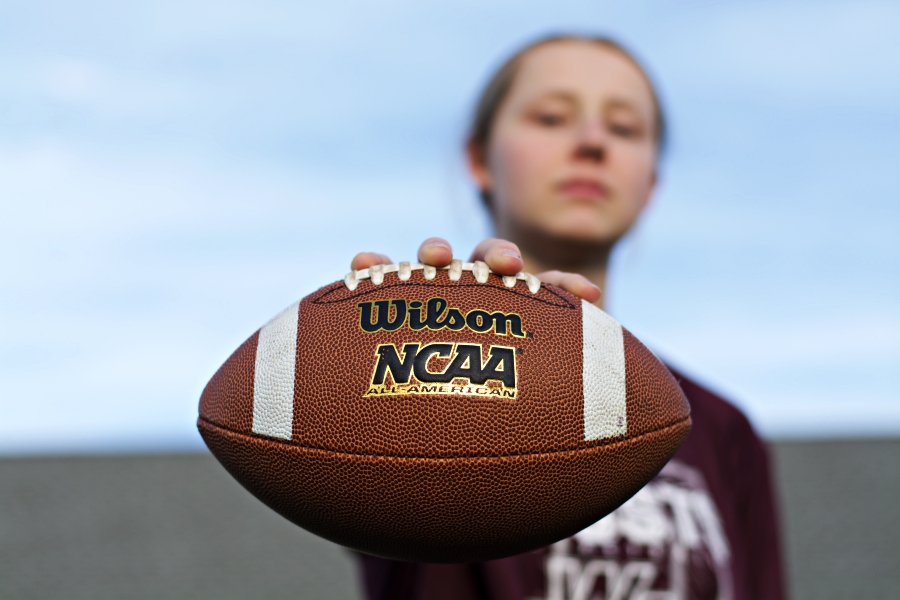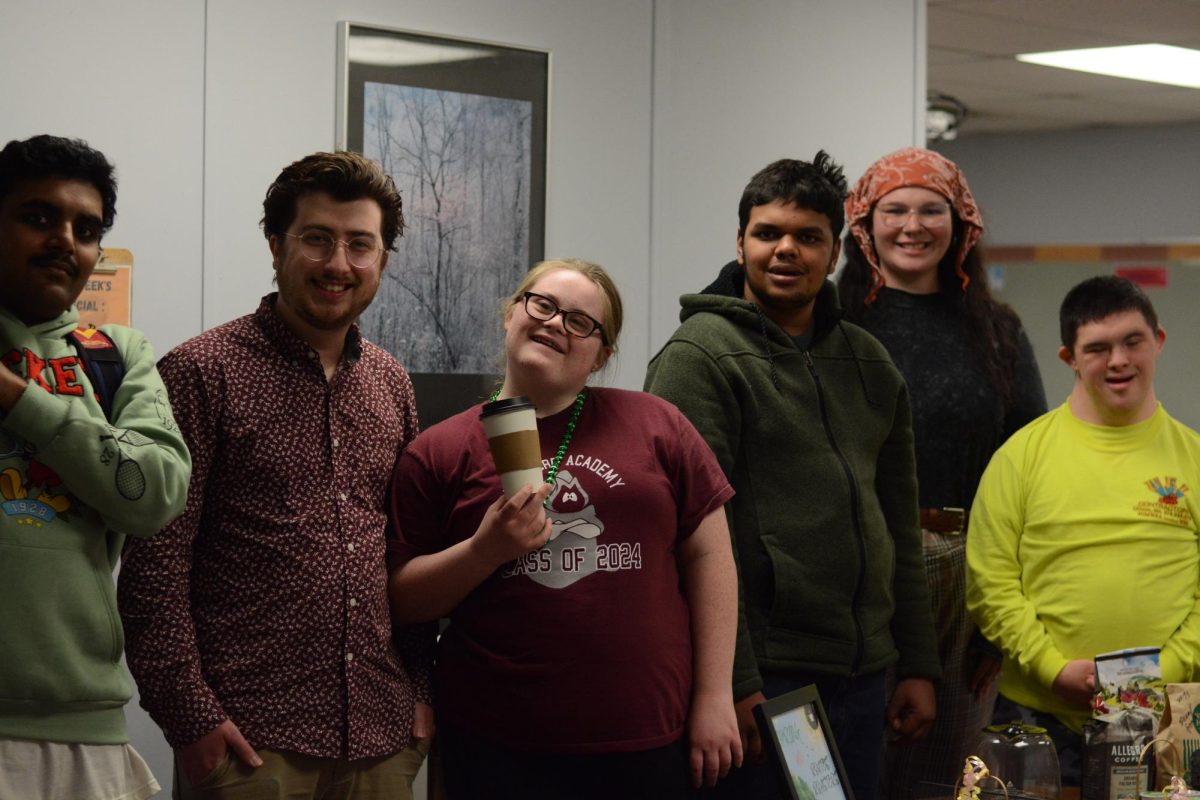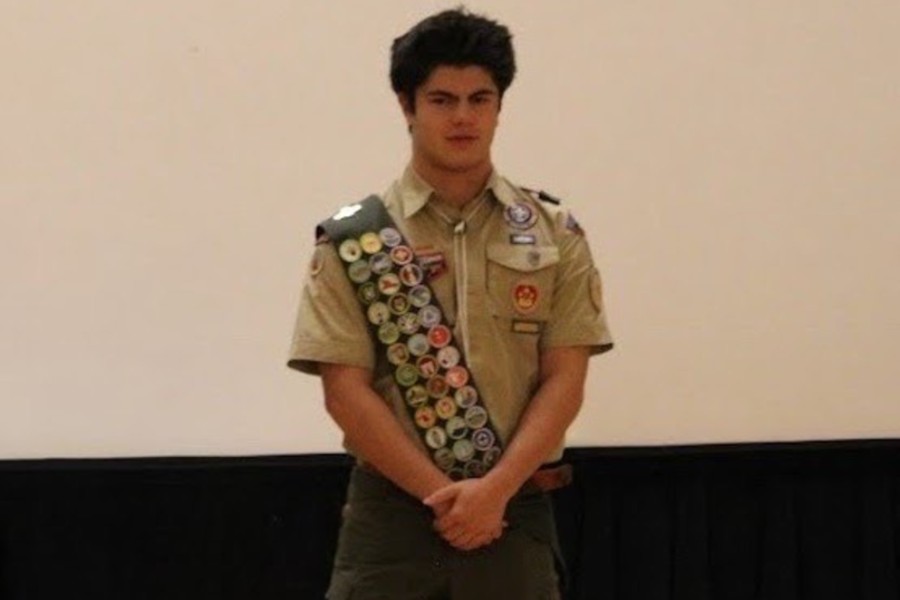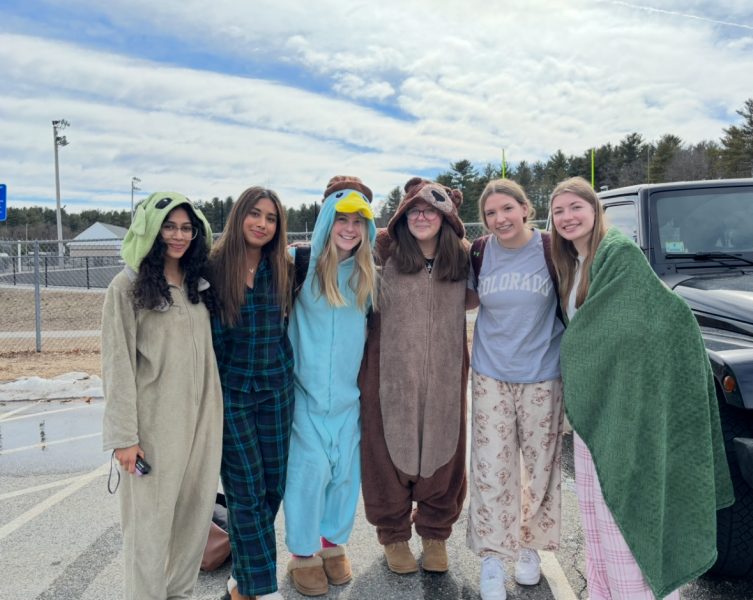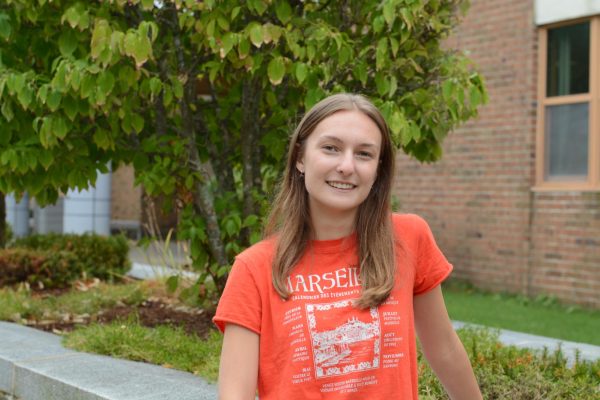Scrolling through your feed on social media, you come across a video, promising to make you a millionaire in just three easy steps. Intrigued, you scroll some more and another video pops up, advising you where to invest $10,000 for the biggest profit, while the next details how to retire in 10 years. Overwhelmed, you click off and begin researching how to invest, only to find an endless stream of information and advice.
Seeking to help students become smart investors amidst this constant stream of information is WA’s Investment Club, which provides a space where students can collaborate and learn how to invest from one another. This year marks a new beginning for the club, which has seen its greatest membership since its founding nine years ago, with 70 to 80 new sign-ups at the freshmen activities fair and 30 to 40 regular members. The club is led by co-presidents sophomore Alex Lawch and junior Krish Parmar, junior vice president Saket Mallela, and junior secretary Maruthi Birudavolu.

According to Lawch, compared to the club last year, which only had a few members and meetings that would frequently be called off, seeing how far the club has come this year feels like a major accomplishment. Entering this year, the cabinet members were determined to expand Investment Club, forming connections with freshmen at the club activities fair and finding ways to market their club.
“I’d say, in some ways, we brought the club back to life,” Birudavolu said. “I think this year we just had fun with it. We keep the Instagram account pretty well-running and we make sure to post a lot on Google Classroom. Even at the meetings, we keep students engaged, […] present[ing] in a way that makes it fun and easy for people to take in.”
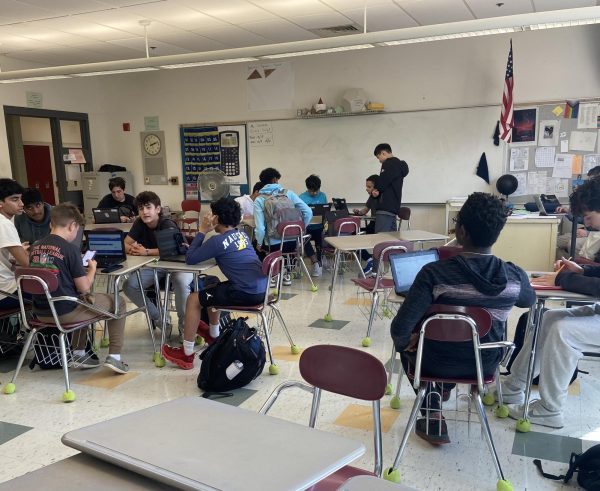
To start the year, the club’s meetings will center around the Wharton School Stock Competition, with 35 WA students participating in teams headed by each cabinet member. The competition is a stock trading simulation that begins September 30 and ends on December 6. Throughout this period, each team has $100,000 worth of fake money to invest and will be required to submit midterm and final reports that detail their investments and the reasons behind them. To move onto the semifinals or the finals, students are judged not by how much money they make, but by how well they meet the case study’s goals, which focus on infrastructure.
“I feel like [the simulation] is a good way to learn more about each of the different sectors and have fun investing,” club member and sophomore Aashrith Ram said. “It’s good to work as a team because we can bounce ideas off of each other. Some people know more about different sectors than other people, so each of us does one sector that we are pretty good at.”
Like DECA, Investment Club hopes to help students learn skills that they will carry with them in their future careers, such as how to properly research before making investments.
“Some of these kids are going to be investing in things they’ve only heard of 15 seconds ago, [but investing] is more about seeing and reading a magazine and following up [on that information],” club adviser and math teacher Ned Greene said. “It’s about paying attention to what’s around you.”
In addition to the Wharton School Stock Competition, the Investment Club also hopes to do other activities, such as paper trading where students can win a prize, as well as other stock competitions like the Young Investors Society. Ultimately, the cabinet members hope to turn the club into a firm, where members will be able to invest in stocks with their own money.
“All of these virtual competitions are good, but when it comes to real money, it’s a whole different story,” Mallela said. “Investing real money will teach these students how [investing] works. What other club makes its own money like we might be doing? It’s just kind of a cool concept and I think we’re definitely going to do it.”
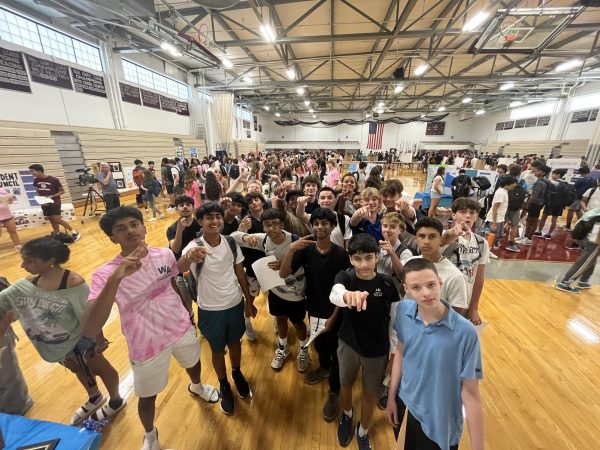
Looking to the future, the cabinet members hope to set a precedent for the Investment Club, which will ensure the club will remain active long after they graduate.
“This is the first year that we’re developing actual material to present to the students, so we’re kind of testing the waters,” Birudavolu said. “We just want to make sure that we set a good standard for freshmen and sophomores and all people that want to join Investment Club in the future.”
For students interested in joining Investment Club, the club meets every other Wednesday from 2 to 3 p.m. in room 239. Follow their Instagram @wa_investmentclub for more information.

